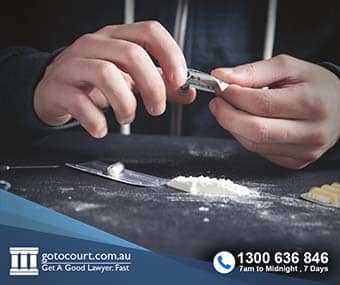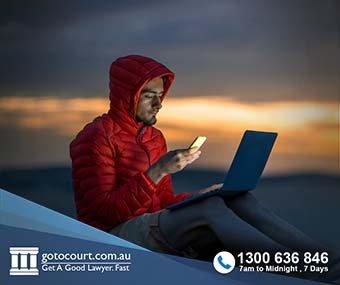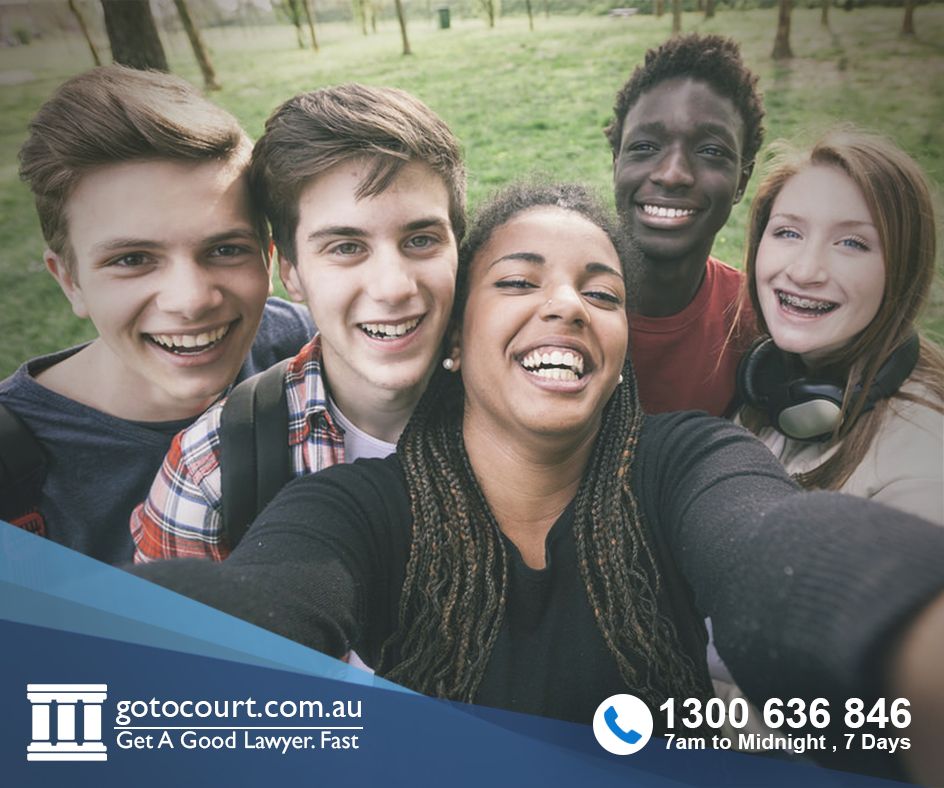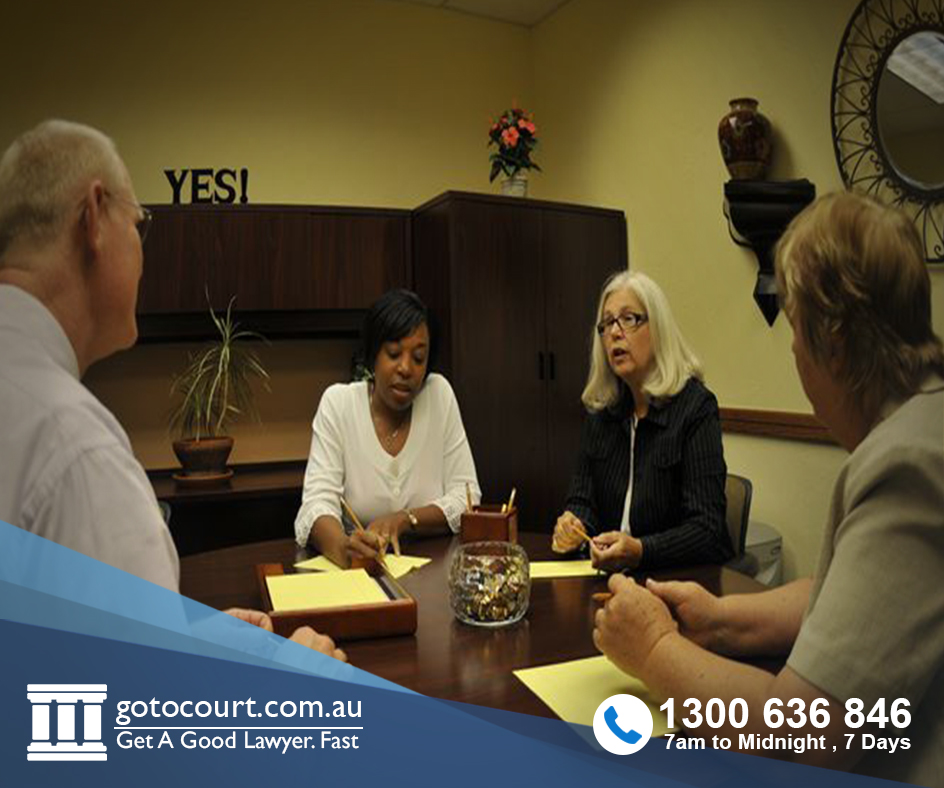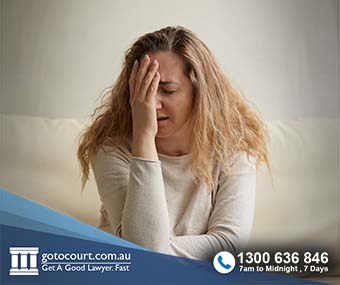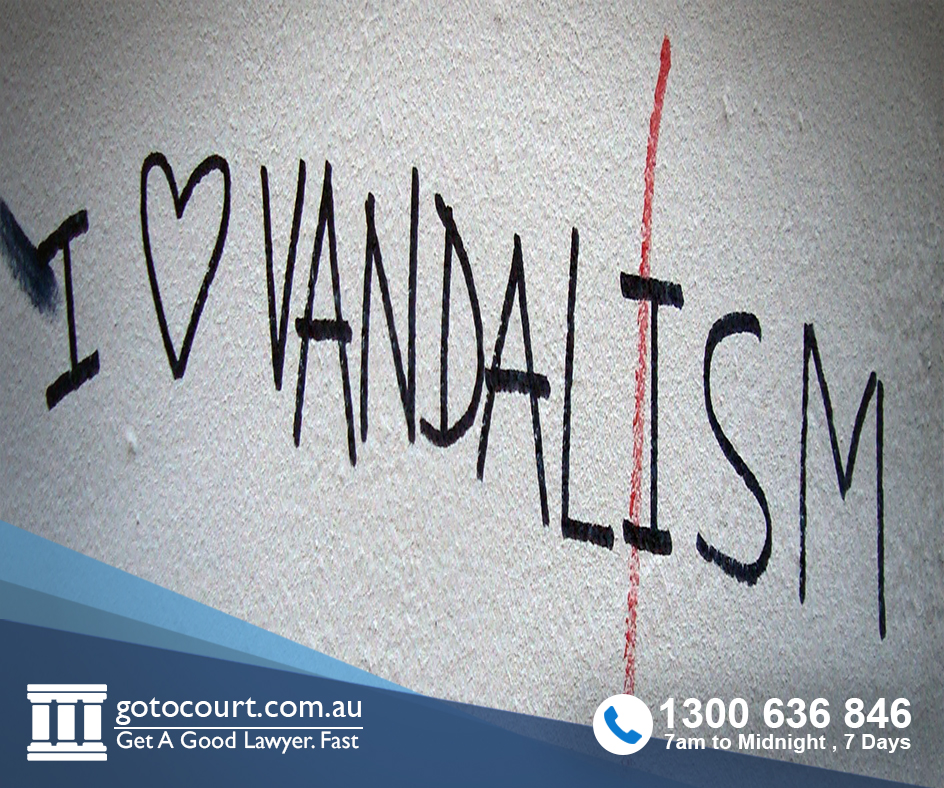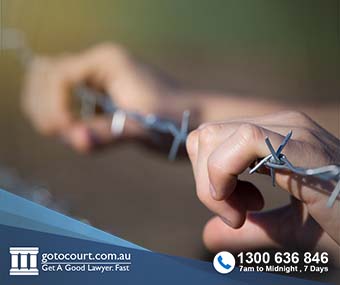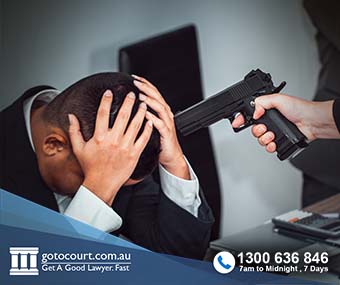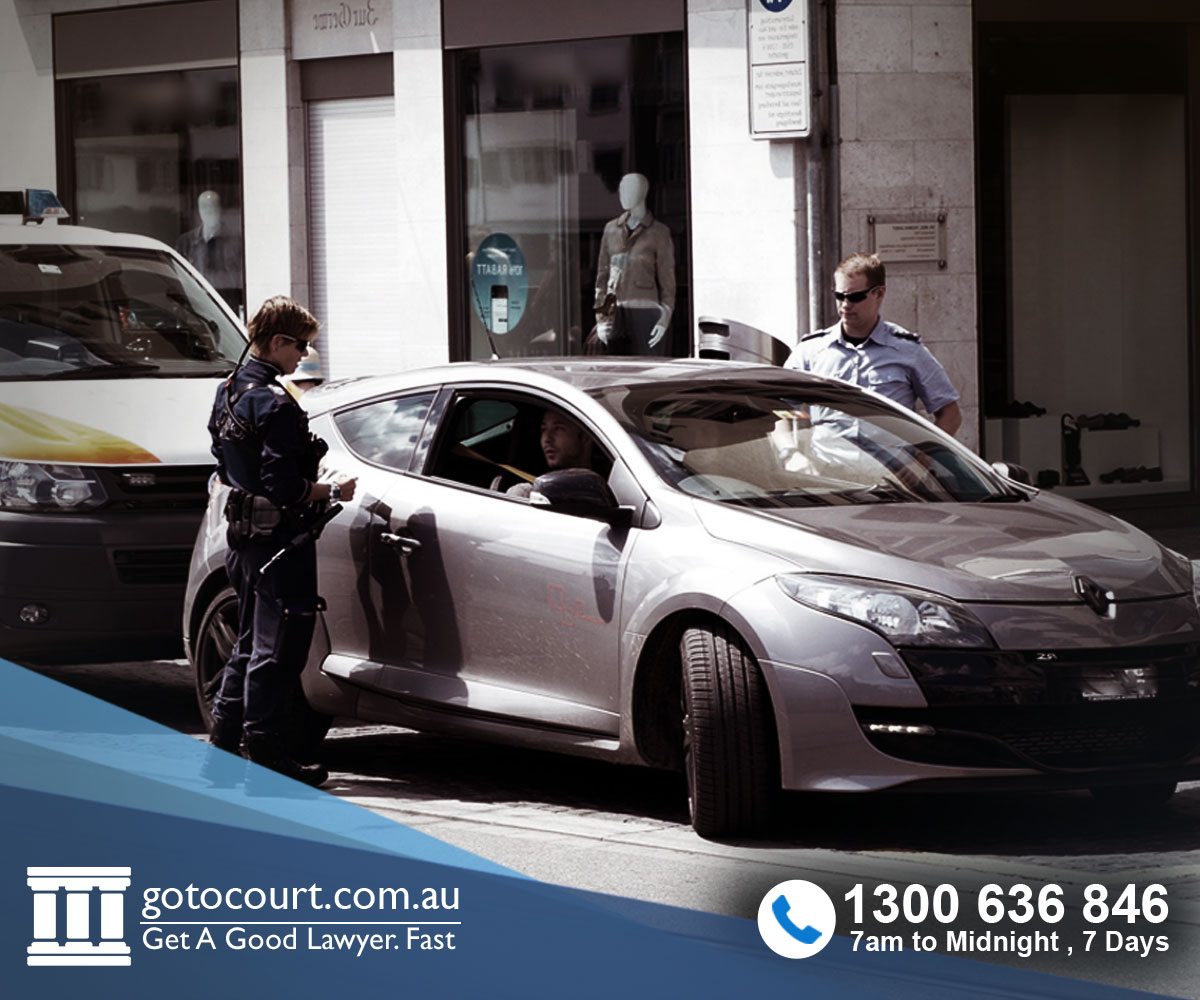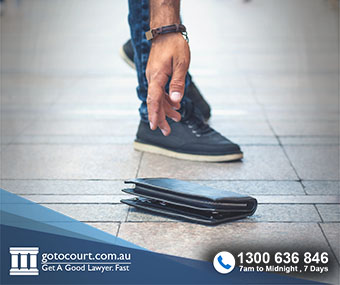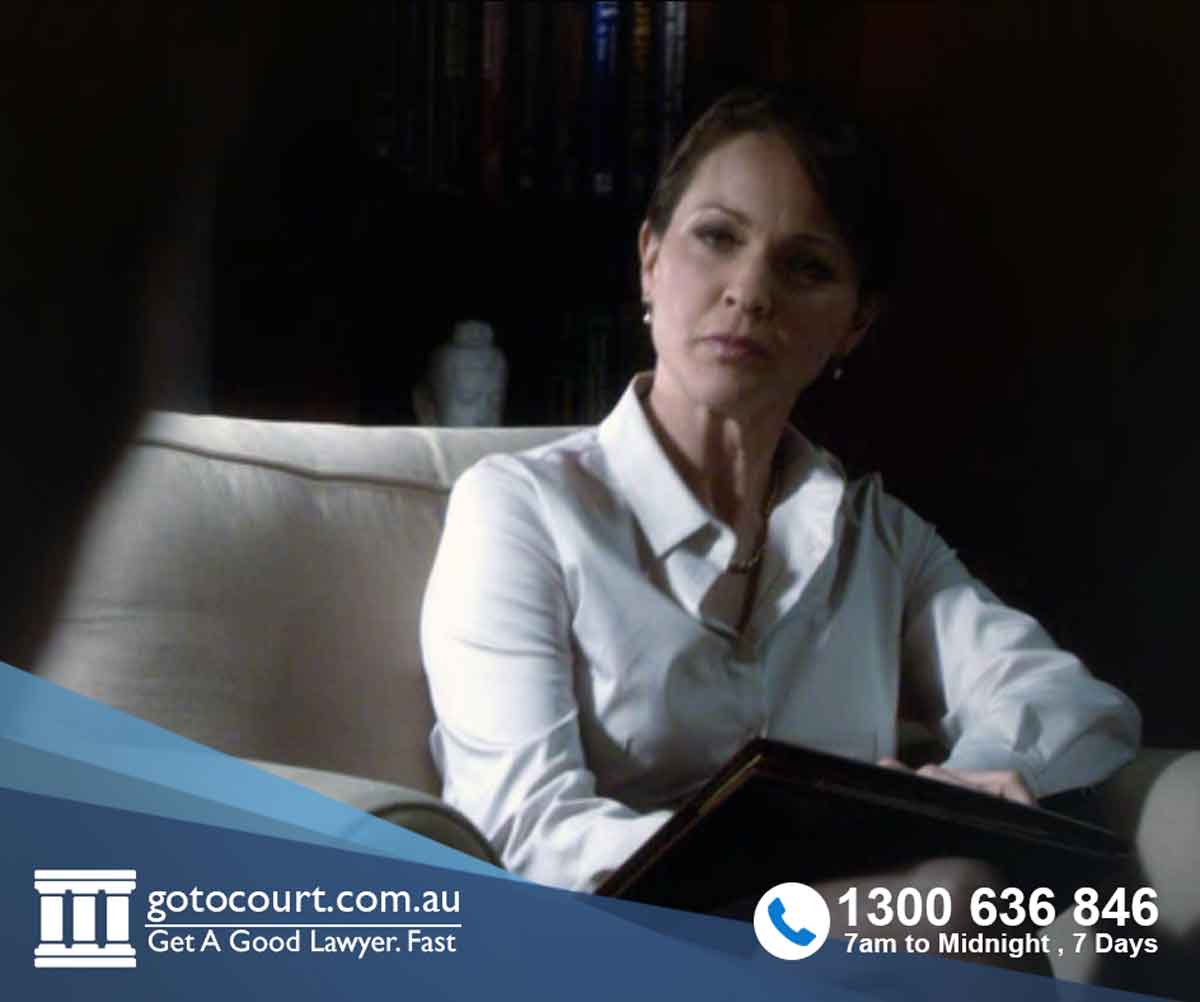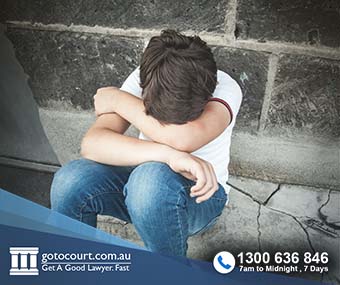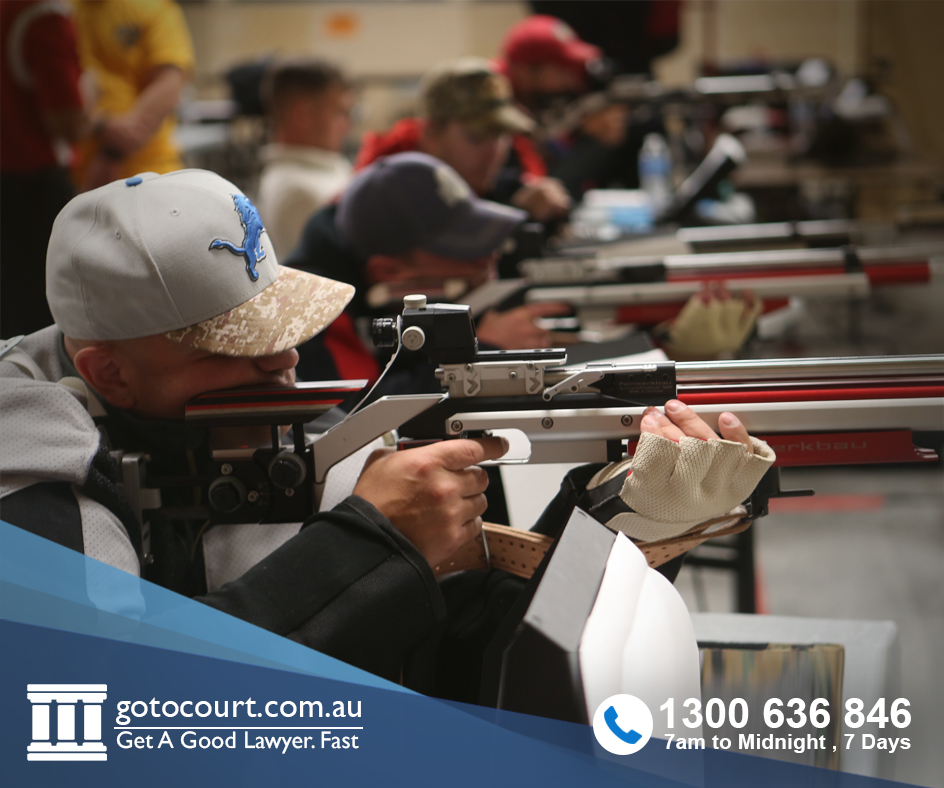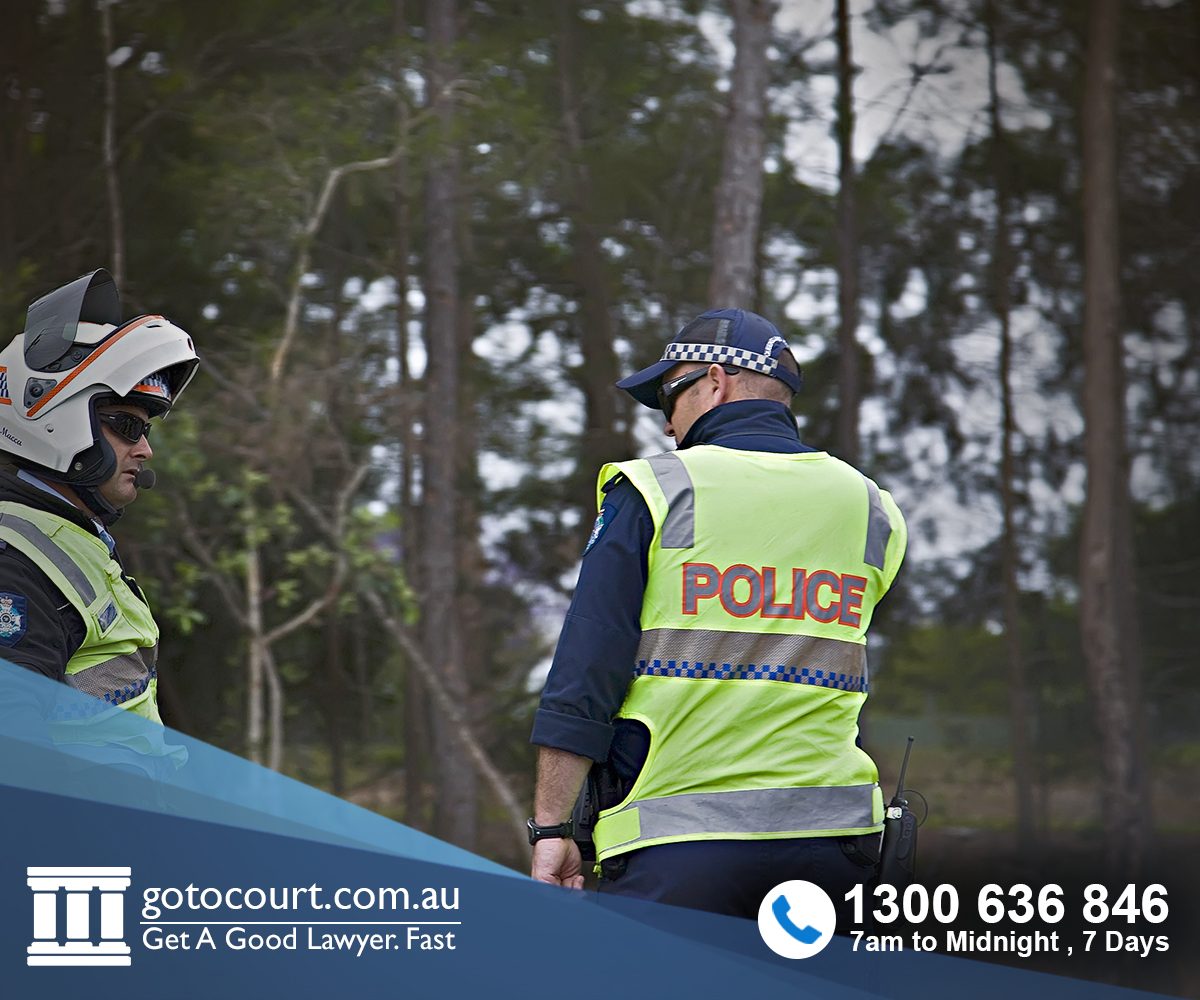Call our lawyers
now
or,
have our lawyers
call you
The Right to Silence (NSW)
Updated on Dec 08, 2022 • 4 min read • 627 views • Copy Link
The Right to Silence (NSW)
The right to remain silent when one is suspected of a crime is a basic common law right. It includes the right to decline to answer questions when interviewed by the police as well as the right to choose not to give evidence when being tried by a court. The right to silence reflects the principle that it is the prosecution which bears the burden of proof in a criminal matter; that it is not up to the accused to prove him or herself not guilty. It also reflects the traditional belief that individuals should not be subjected to compulsory interrogations about possible criminal conduct.
Police interviews
A person suspected of an offence has the right to refuse to answer the police’s questions. An exception to this is when the police ask a person for their name, address and date of birth. These questions must always be answered, whether the person is under arrest or not.
If the police suspect a person of an offence, they will attempt to interview the person. The police are obliged to inform the suspect that they do not have to answer any questions and to ensure that they understand this. This is known as a ‘caution’. The suspect may remain silent or say ‘no comment’ throughout the interview.
Admissibility of confessions
Confessions made to police are only admissible as evidence in court if they were made voluntarily. Confessions made without a proper caution are not admissible. Nor are confessions that are made when the accused was intoxicated, sick or injured. If the prosecution seeks to rely on such evidence, its admissibility should be challenged.
NSW legislation
The common law right to silence has been codified in the New South Wales Evidence Act 1995. The act states that no adverse inference is to be drawn based on evidence that a person failed to answer the questions of authorities (Section 89). This is consistent with the common law principle that accused persons have the right to silence and prosecution bears the burden of proving a person guilty.
In 2013, this provision was qualified by the introduction of Section 89A, which provides that in serious indictable matters, a court may draw an unfavourable inference against a suspect who failed to co-operate with a police interview and subsequently advanced a defence that they could reasonably have been expected to have mentioned during their interview.
The provision allows such an adverse inference to be drawn only where the person has been given a ‘special caution’, consisting of a warning that remaining silent may harm their defence. If such a caution has not been given, no adverse inference may be drawn.
The legislation does not allow an adverse inference to be drawn from the silence of a suspect aged under 18. It also stipulates that silence may not be taken as evidence of guilt where it is the only evidence of guilt.
The right to silence still exists under NSW law. However, remaining silent is now a less attractive prospect in serious indictable matters.
Giving evidence in court
A defendant in a criminal matter cannot be called to give evidence by the prosecution. A defendant cannot be compelled to give evidence against a co-defendant unless the defendants are being tried separately. (Evidence Act, Section 17).
A defendant may give evidence if he or she chooses to do so. If a defendant does not choose to give evidence in a criminal proceeding, the judge may comment on this but it must not be suggested that the failure to give evidence was because the defendant is guilty.
If a defendant does choose to give evidence, they may be cross-examined in any way, regardless of whether the questions may incriminate them of the offence. However, the accused must not be cross-examined in a way that may incriminate them of any offence other than the offence that is the subject of the proceedings.
On appeal
When a defendant does not give evidence at trial but subsequently appeals, their silence at trial can be taken into account by the appeal court when evaluating whether the standard of proof has been satisfied. If the defendant did not give evidence in their defence, the inference of guilt is strengthened.
If you need legal advice or representation in a criminal matter or any other legal matter, please contact Go To Court Lawyers.


Affordable Lawyers
Our Go To Court Lawyers will assist you in all areas of law. We specialise in providing legal advice urgently – at the time when you need it most. If you need a lawyer right now, today, we can help you – no matter where you are in Australia.How It Works








1. You speak directly to a lawyer
When you call the Go To Court Legal Hotline, you will be connected directly to a lawyer, every time.


2. Get your legal situation assessed
We determine the best way forward in your legal matter, free of charge. If you want to go ahead and book a face-to-face appointment, we will connect you with a specialist in your local area.


3. We arrange everything as needed
If you want to go ahead and book a fact-to-face appointment, we will connect you with a specialist in your local area no matter where you are and even at very short notice.


